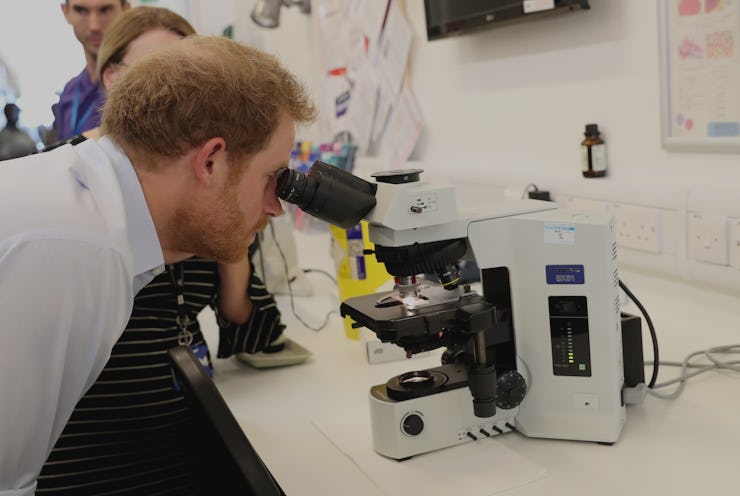CDC Warns Super Gonorrhea Is Coming
The last drugs we have to fight it aren't working.

Super gonorrhea is coming, and it might not have a cure. Like many bacterial infections, gonorrhea has slowly been overwhelming the drugs used to treat it. Certain strains of the sexually-transmitted infection, like the last instance of super gonorrhea, have been drug resistant for years, but in general, doctors have been able to treat and cure the disease in most patients in the past.
Today, however, the Center for Disease Control reported that azithromycin, one of the last broad-spectrum antibiotics that still works against gonorrhea, is starting to fail as well. The CDC report shows that the percentage of gonorrhea strains that do not respond to azithromycin increased by more than 400 percent between 2013 and 2014. The numbers are still pretty low — in 2013, only 0.6 percent of gonorrhea strains were resistant, but that number had shot up to 2.5 percent in 2014. Even though we’re still in single digits, a quadruple-increase in drug resistant strains isn’t good.
“What we are seeing in the surveillance data is what we think is an early indication of potential resistance,” author Dr. Robert Kirkcaldy, an epidemiologist in the CDC’s Division of STD Prevention, told TIME. “If this becomes more widespread, it could jeopardize treatment of gonorrhea.”
A New York resident has blood drawn to test for sexually transmitted infections.
Azithromycin is often used in conjunction with other drugs, like ceftriaxone, and this could be the key to holding out against the infection as long as possible. Doctors hope that using a one-two punch of drugs will help kill it off in a patient — if they use azithromycin alone, the CDC says, it could beat the first drug and become more resistant.
“Gonorrhea has a remarkable ability to mutate and cause resistance,” Kirkcaldy told TIME.
The thick line at the bottom is Azithromycin resistance. As you can see, all the other drugs are basically a coin toss at this point.
In the grand menagerie of sexually transmitted infections, gonorrhea isn’t particularly fatal — mostly because doctors have been able to adequately treat it with antibiotics for decades. Still, it killed around 900 people in 2010, so it’s far from harmless, even when the right drugs are available and effective. Drug resistant diseases could become one of the most dangerous public health crises in the near future, mostly because we keep pumping animals full of antibiotics, allowing cross-species bacterial diseases to build up resistances. Scientists have experimented with counter-bacteria to fight drug resistant infections, but as yet there aren’t many viable solutions.
Instead, the CDC recommends that sexually active individuals, particularly adolescents and young adults, get tested at least once a year. Gonorrhea can cause burning urination and some discharge in men; women often do not show any symptoms, making the disease easy to pass along. They can suffer from pelvic pain and vaginal discharge, and, if left untreated, the disease can spread to the joints, skin, and heart valves of both sexes. In other words: practice safe sex, get tested frequently, and tell your doctor to give you the double whammy of azithromycin and ceftriaxone, not just the first one. Although if your doctor doesn’t know that already, you should probably get a new doctor.